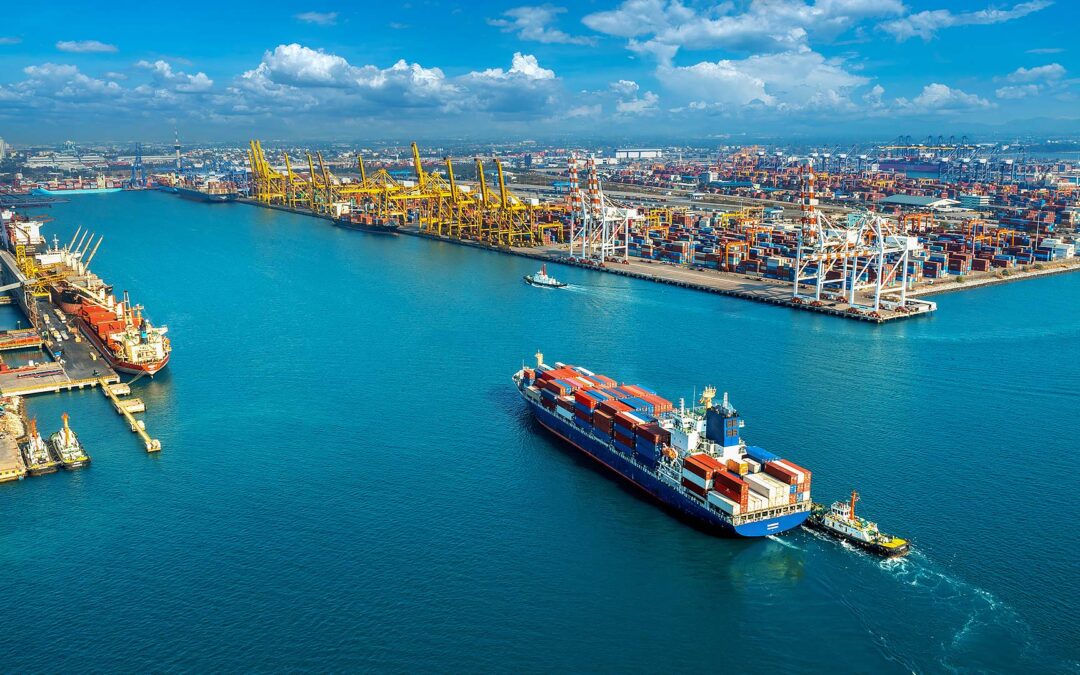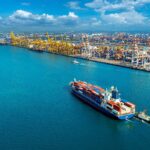In today’s world, efficient logistics operations are the backbone of any organisation, enabling business growth and development. They ensure that businesses can receive, produce and deliver their products or services to the end user on time and in a cost-effective manner. Logistics is an integral part of any country’s economy.
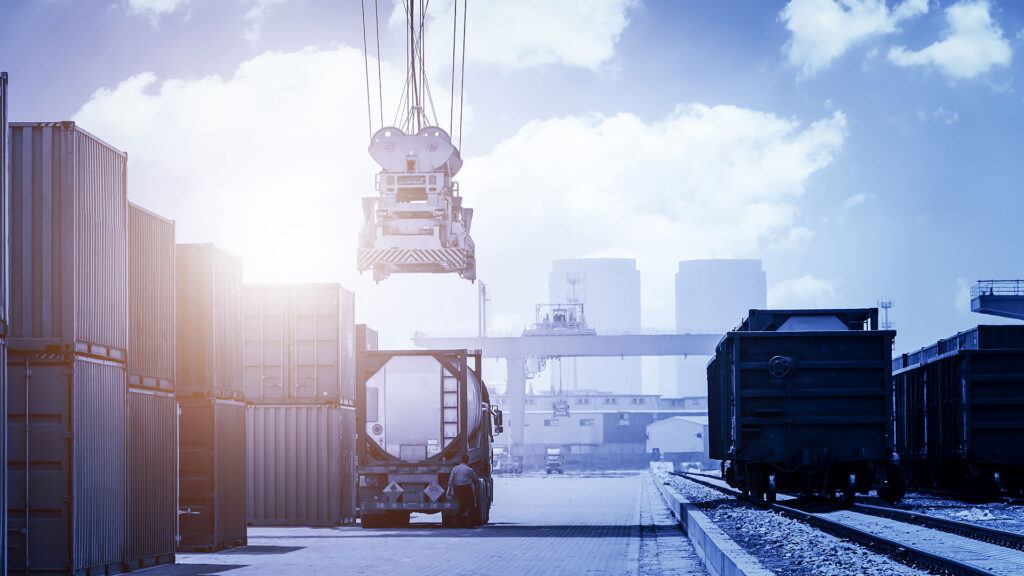
International logistics is the organisation of a cargo route from one country to another. This route may involve direct transportation across the border of the recipient country or transit through several countries with cost estimates and minimised delivery time. It is based on different routes, taking into account certain costs: storage prices, customs clearance, speed of movement, the price for the type of transportation and other costs for the entire journey from the seller to the buyer. This link involves a large number of specialists who form a team that deals with all the possible nuances and formalities and responds to various changes that may affect the management of cargo.
The defence of sovereignty in Ukraine has affected the entire economy and forced the country to face a reorganisation of logistics. Problems in the procurement of materials and raw materials, freezing of financial flows and production processes, the danger of storing products in warehouses due to attacks, port blockades, suspension of air traffic, checkpoints and other complications in the logistics chain have caused problems in the transportation of goods.
Currently, air traffic in Ukraine is not operating. The blockade of ports has also dealt a major blow to the country’s economy, as before the war, shipping and Ukraine’s ports were the main way to export and import goods. Almost 70% of exports were carried out by sea through the main ports: Odesa, Chornomorsk, Pivdennyi, Mykolaiv and Olbia. Today, three small ports at the mouth of the Danube are fully operational and increasing their cargo handling: Izmail, Reni and Ust-Dunaisk. In peacetime, they accounted for just under 5% of exports. These ports are too small to physically handle a large flow of goods, and their throughput capacity is too small for large ships and barges, but they were the mainstay of the country’s export logistics before the opening of the grain corridor, which allowed us to export some of our farmers’ grain.
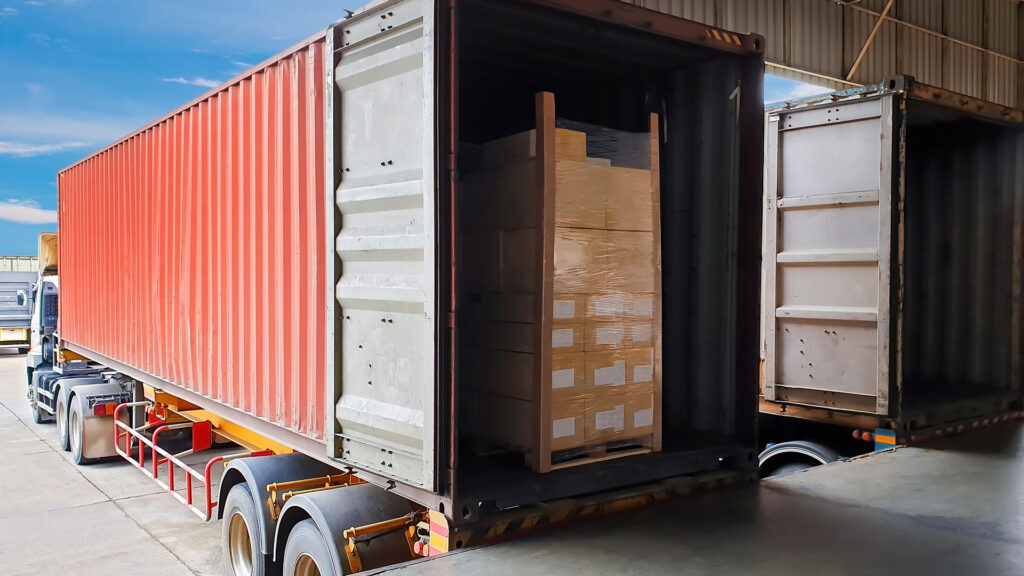
Overall, container shipping is one of the key tools for efficient global logistics and trade. Since it is currently impossible to export and import goods through Ukraine’s seaports and the Danube estuary is unable to handle large flows of goods, companies have managed to adapt to the new conditions. Today, cargoes pass through the ports of neighbouring European countries, including Romania, Poland, Germany, Lithuania, and Belgium, and from there they are transported by road to Ukraine. As a result, the cost of transportation has increased, and there are additional costs for paperwork (such as the T1 transit declaration) and delivery time, which also depends on queues at the borders. These nuances complicate the work process for logisticians and increase costs, but this is a way out of the situation during the war, which helps to maintain business even in such times.
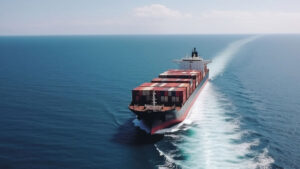


Most of the cargo is currently transported by land. In addition to container transport, there are also transports by tilt trucks and refrigerated trucks. Tilt trucks allow us to load various types of products, as they have all types of loading. Such vehicles are versatile and quite manoeuvrable when fully loaded. As for refrigerated transport, this type of vehicle can be used to transport products that need to be kept at a certain temperature during the entire delivery period or have a short shelf life and require a certain fixed temperature. Such trucks can have different load capacities, which allows you to choose a vehicle for a certain weight and volume of goods. These vehicles can import goods to Ukraine and export goods from Ukraine to Europe and deliver them to end consumers in EU countries. Imports and exports of goods are subject to customs control and require a transit declaration, just as in the case of containerised transport.
In general, the Ukrainian transport and logistics system has adapted to date and continues to function despite the challenges and the constant search for alternative solutions in the current environment. Nevertheless, Ukrainians are a strong nation that can adapt and find a way out of many situations, even in wartime, as logistics is one of the main levers in the functioning of any country.

